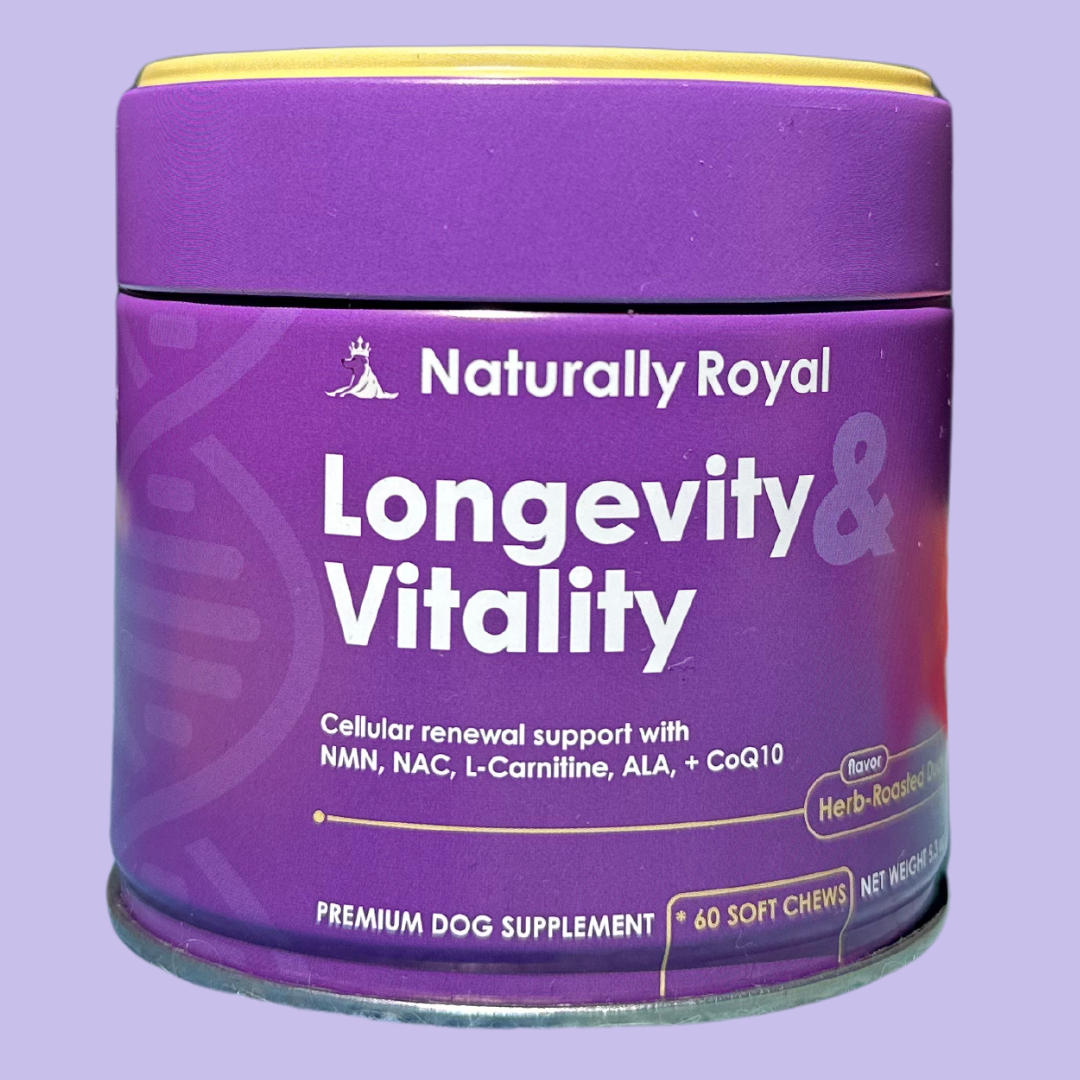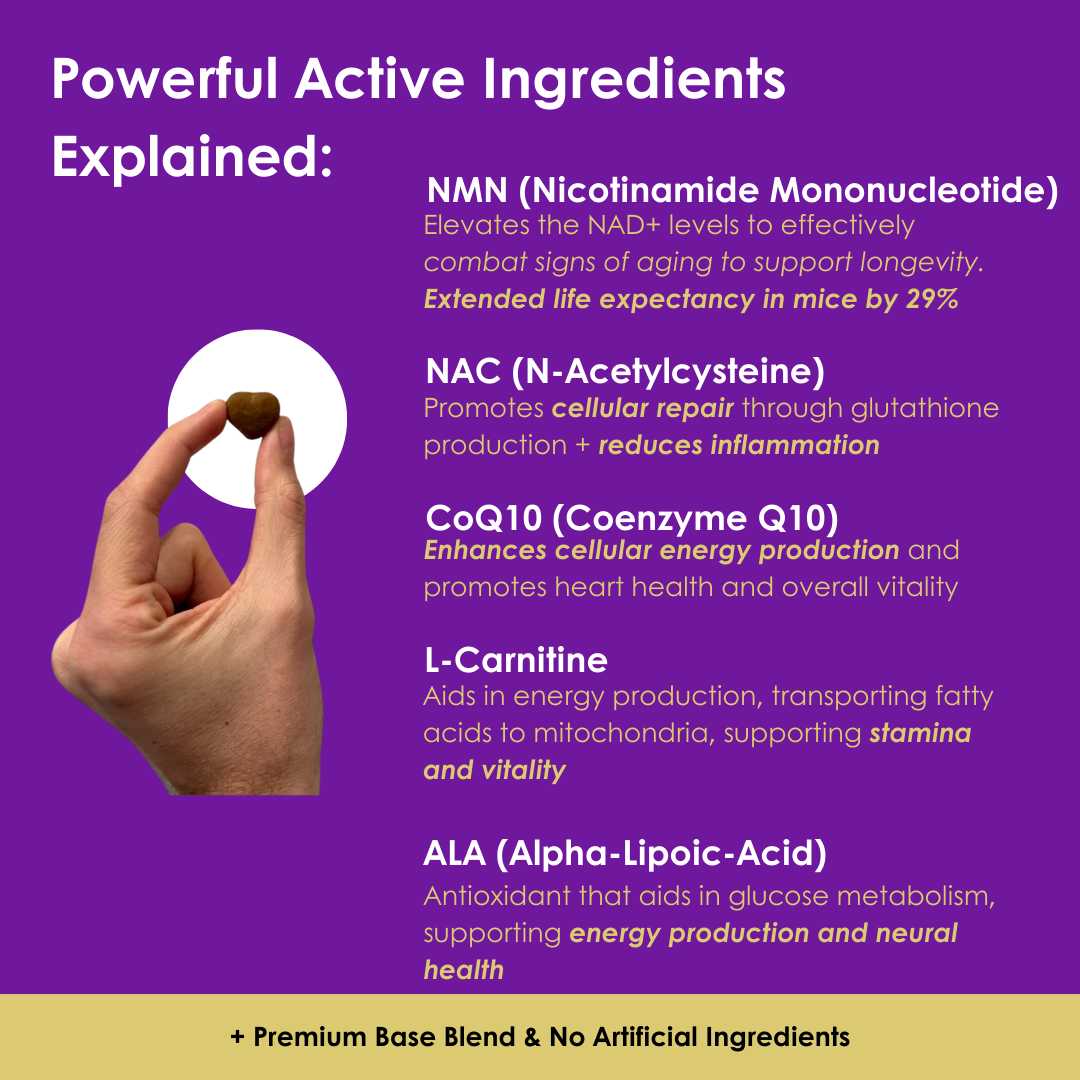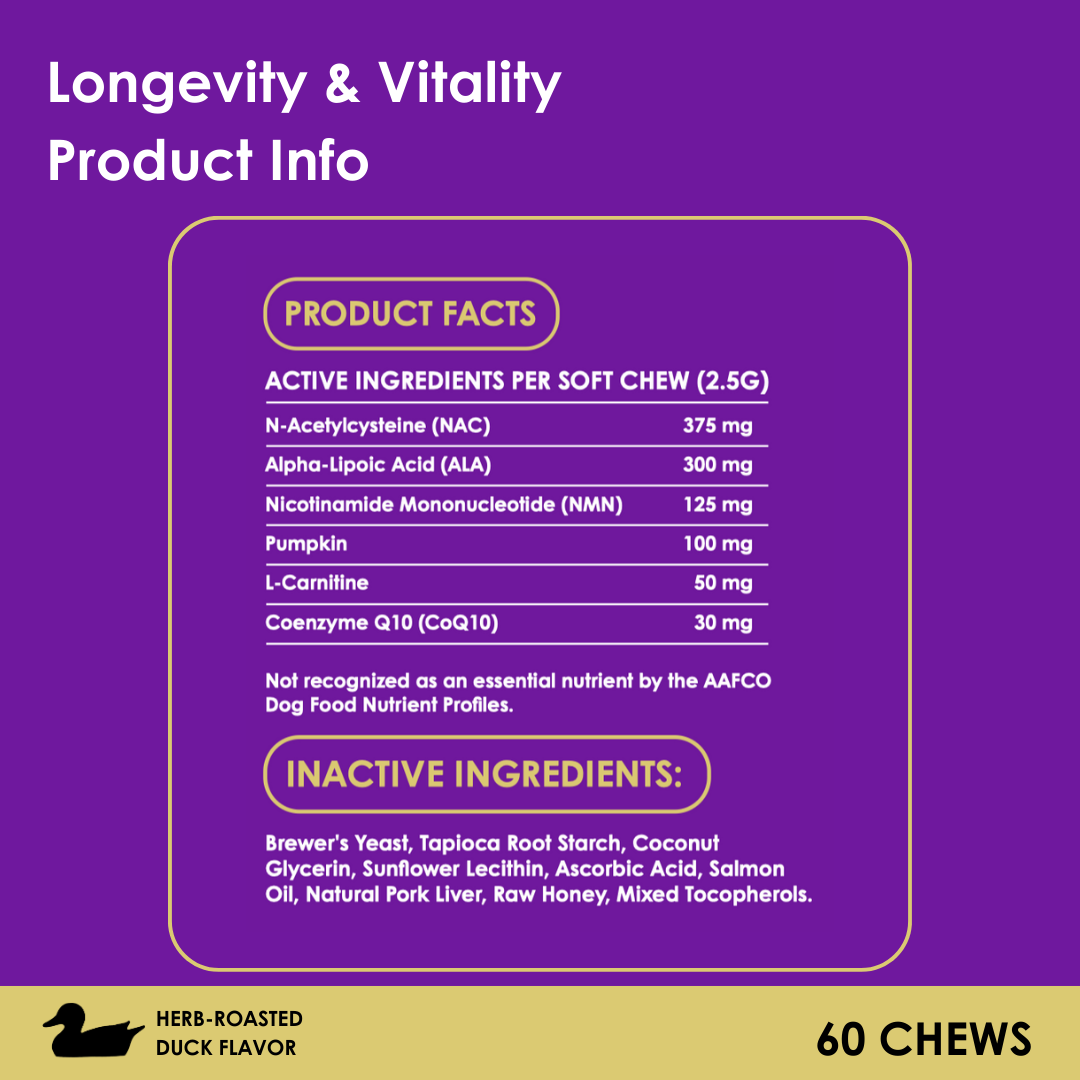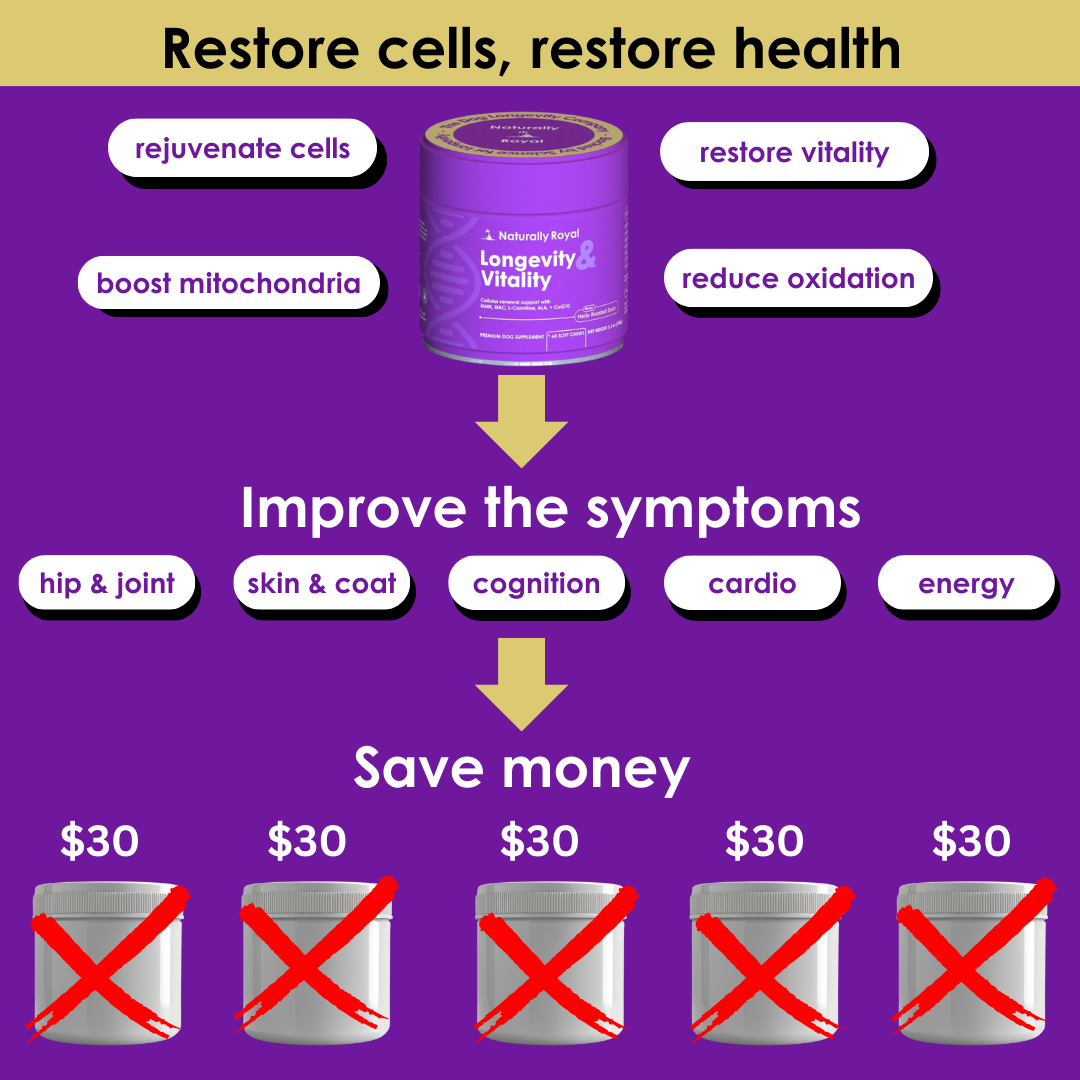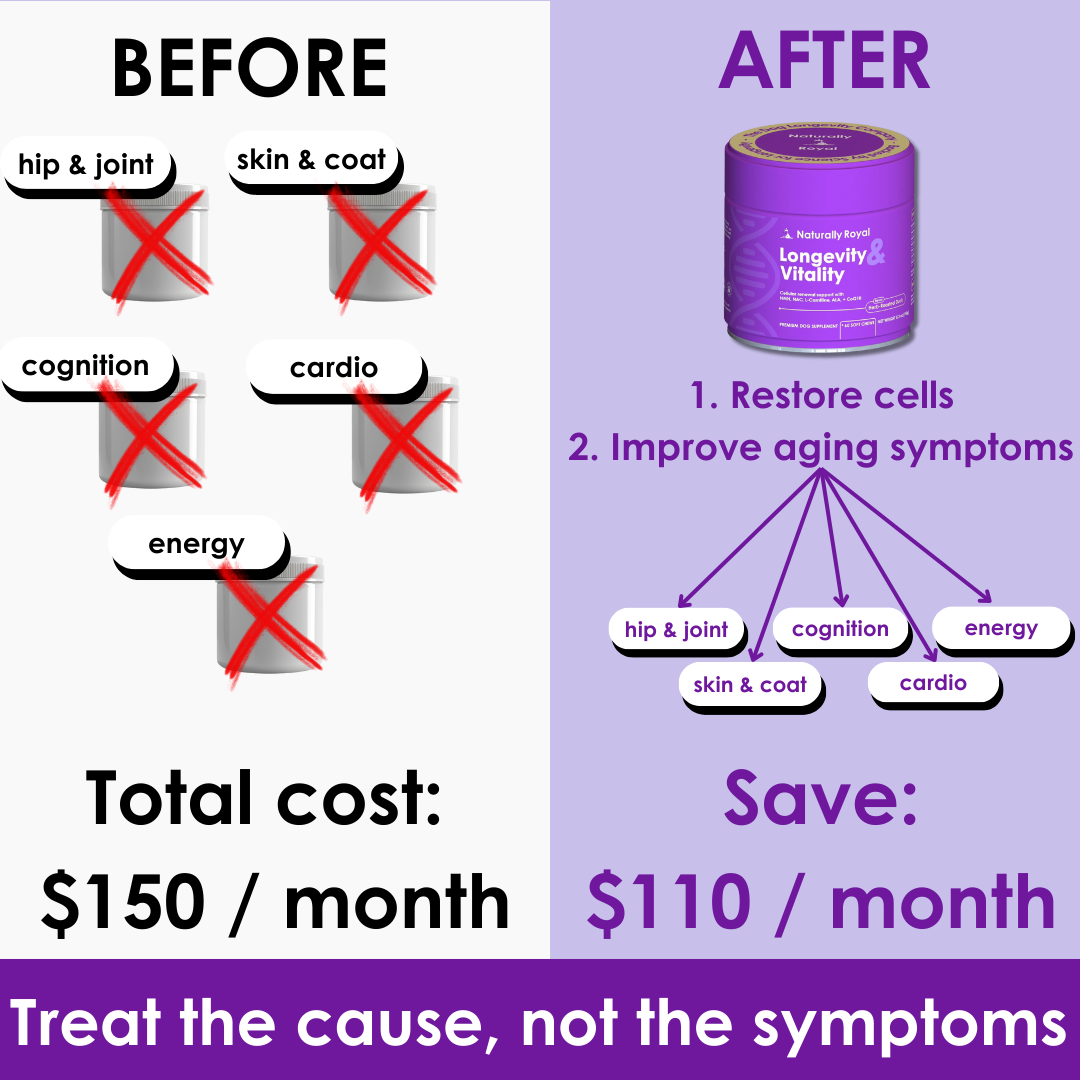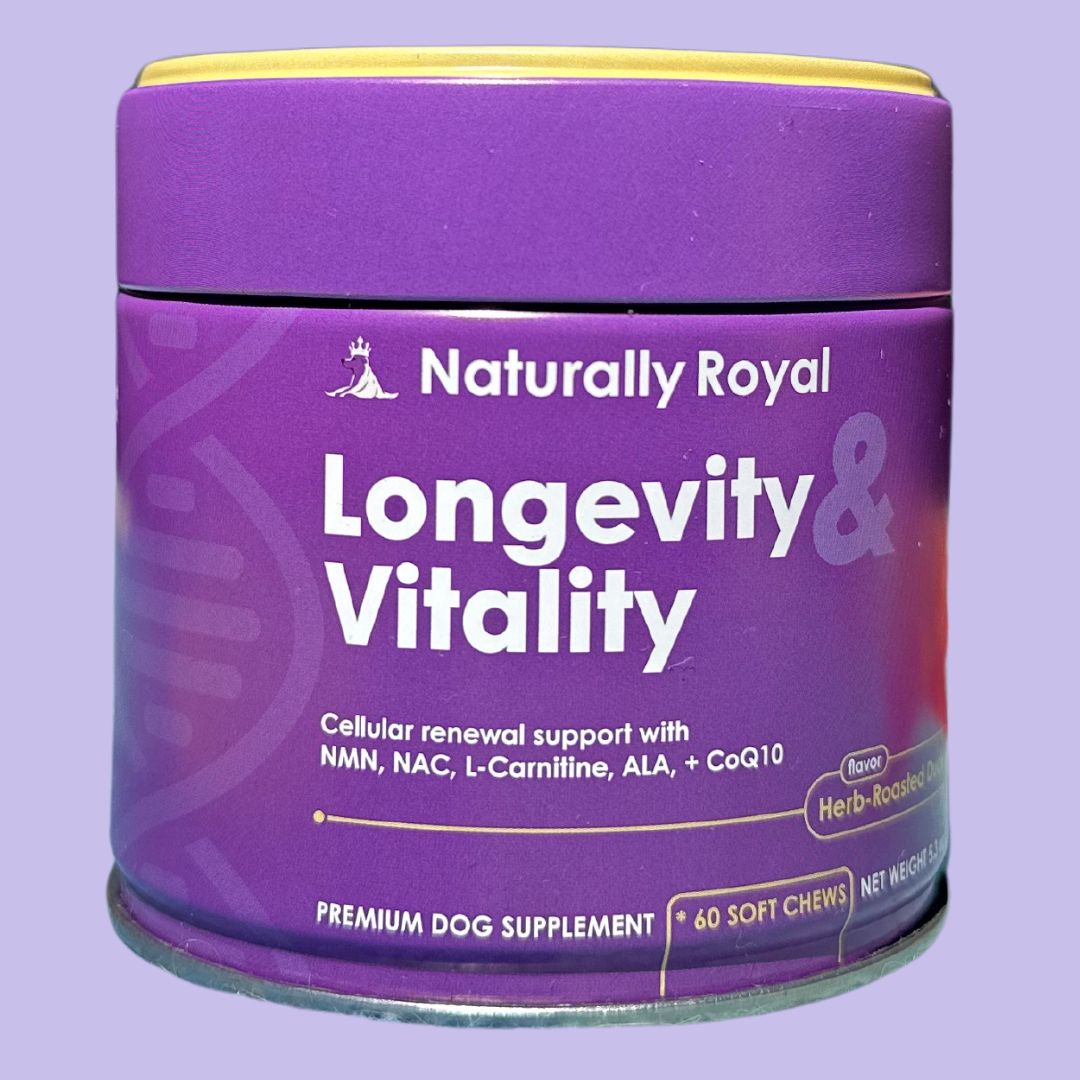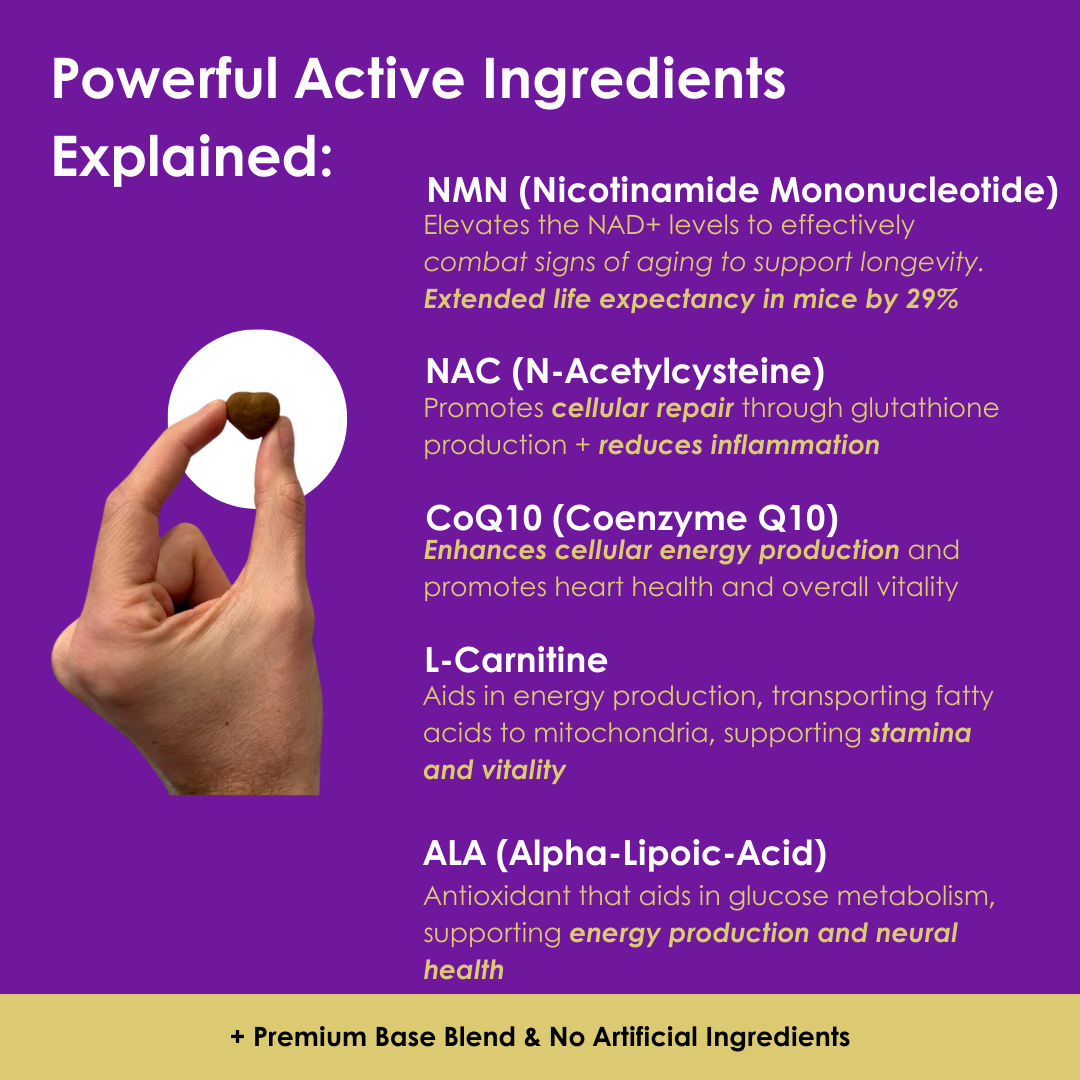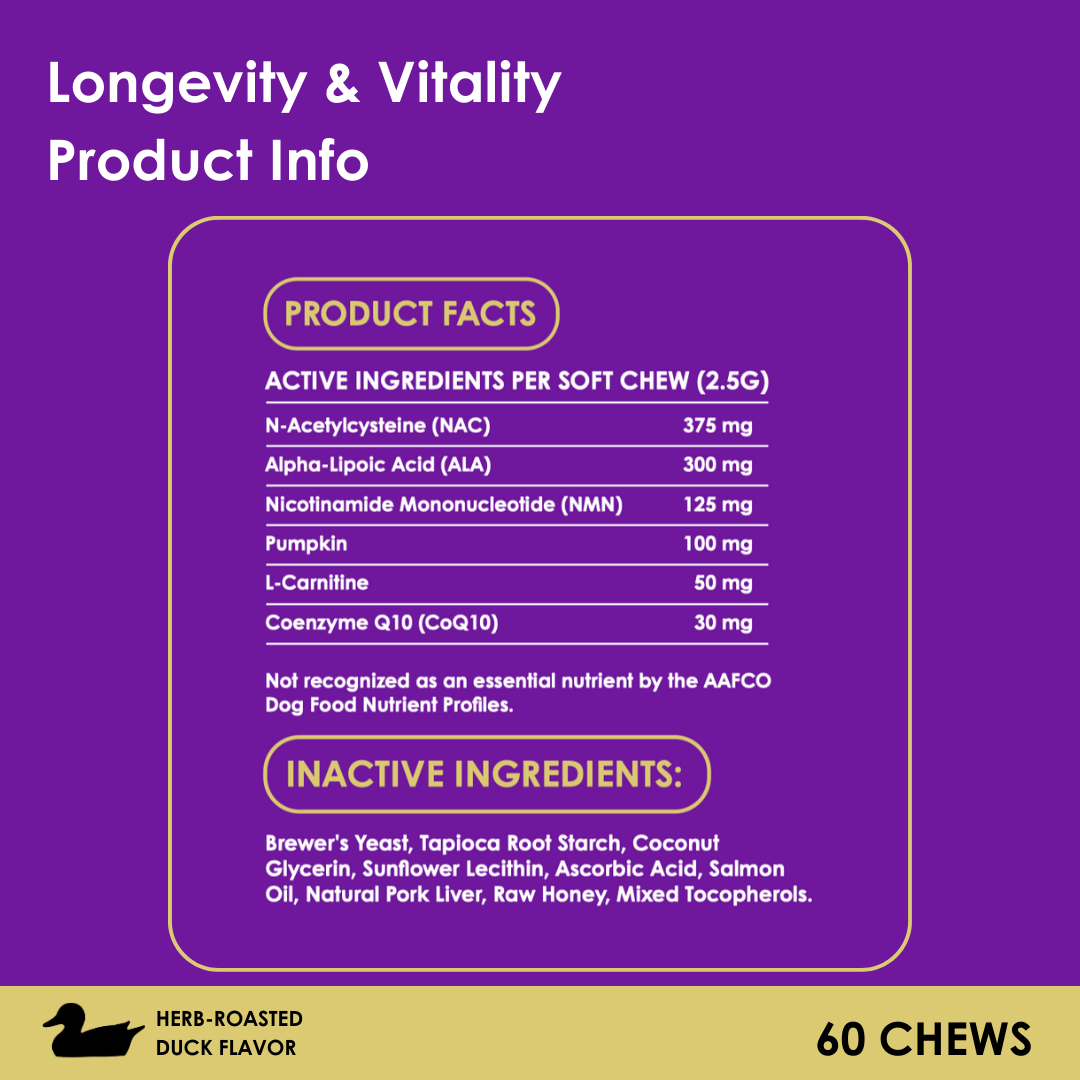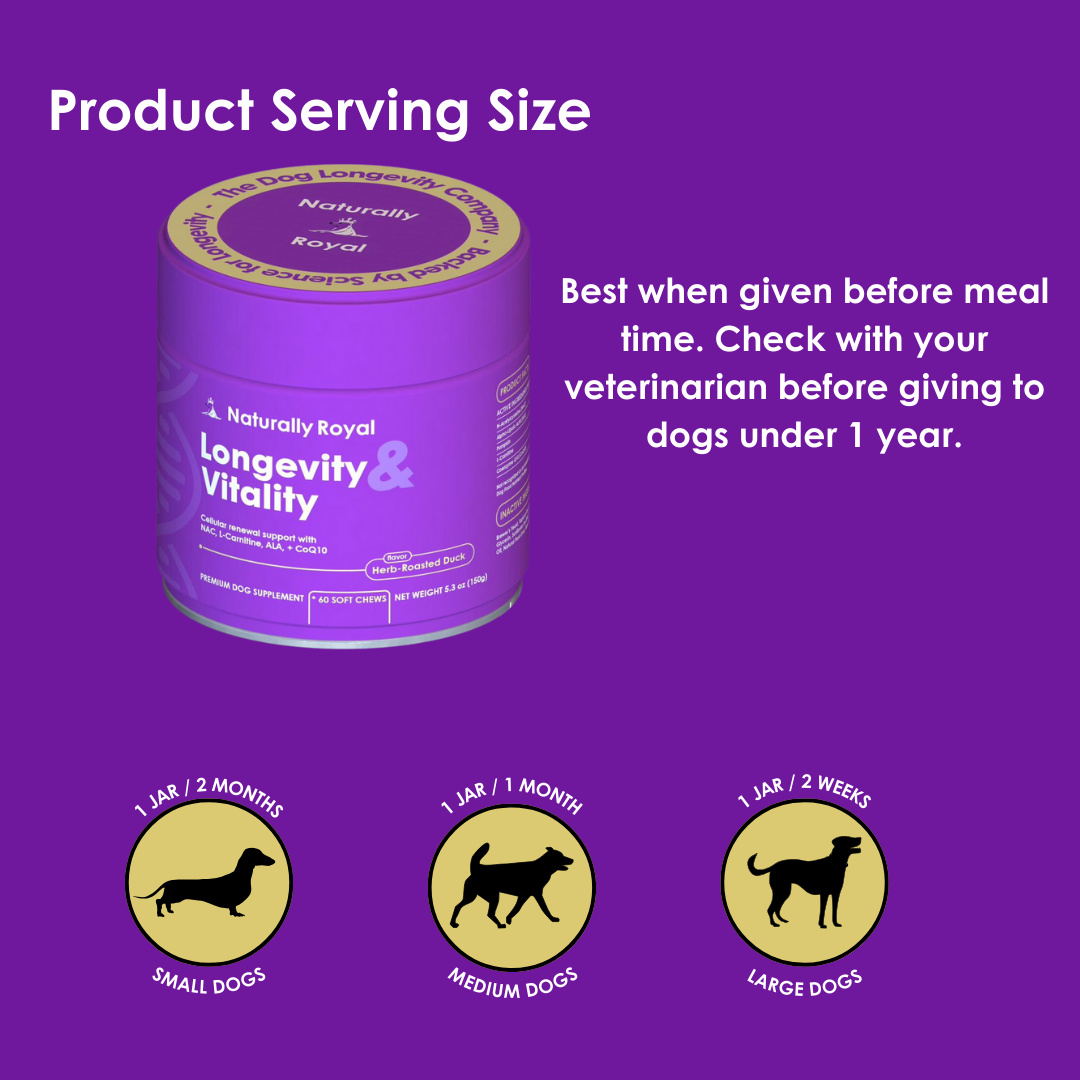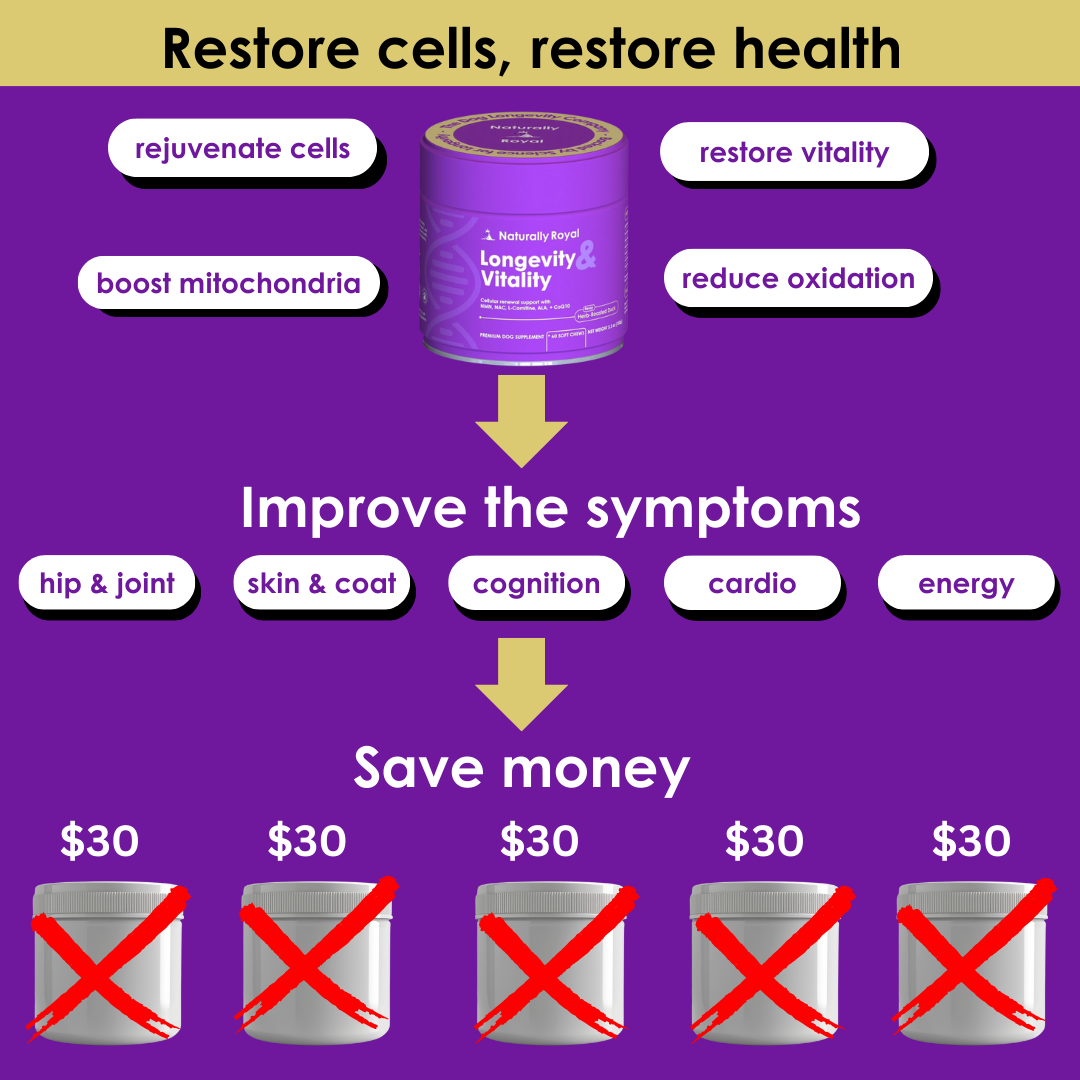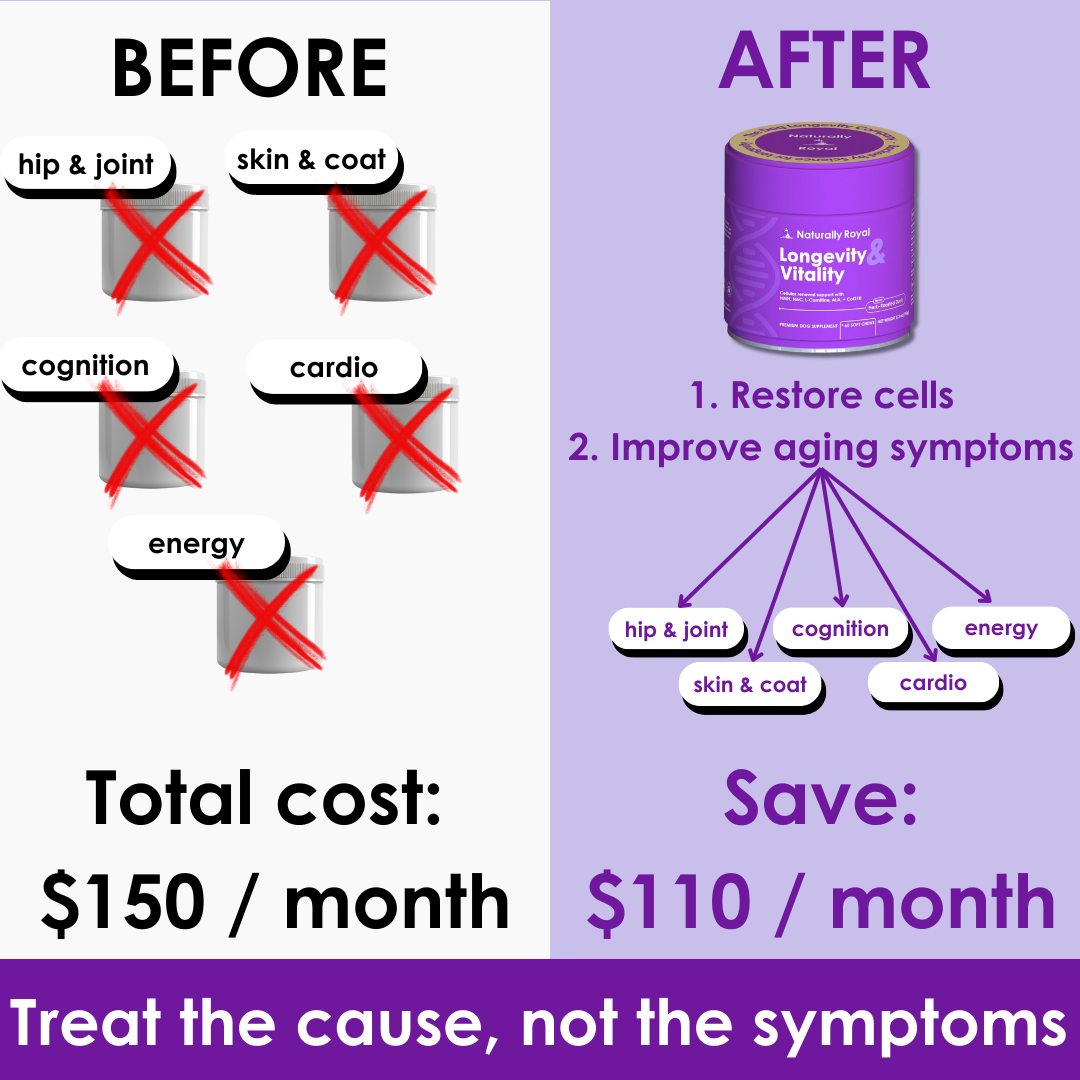3 Essential Habits for Maximizing Your Dog's Lifespan
Helping your dog live the longest, healthiest life possible goes beyond routine vet visits. It involves daily practices that enhance their well-being from the inside out. Here are the top three habits, excluding veterinary care, to focus on for your dog’s longevity.
1. Optimal Nutrition
Proper nutrition is the foundation of good health and longevity. Tailoring your dog's diet to their specific needs can prevent a host of health issues.
- High-Quality Diet: Select dog food that meets your dog's nutritional requirements based on their age, size, breed, and health condition. Look for foods that have whole proteins as the first ingredient and avoid those with excessive fillers or artificial additives.
- Moderate Feeding: Guard against overfeeding, which can lead to obesity—a major factor in numerous health problems like diabetes, joint issues, and heart disease. Use feeding guides as a starting point but adjust according to your dog's activity level and metabolic rate.
- Supplementation: Consider incorporating supplements like fish oil for omega-3 fatty acids, which support coat health and reduce inflammation, and glucosamine for joint health. Always consult with a professional before introducing any supplements to ensure they're suitable for your pet.
2. Consistent Physical Activity
Regular exercise tailored to your dog's breed and age not only keeps them physically fit but also mentally stimulated.
- Daily Exercise: Engage in daily walks, playtime, or other activities that suit your dog's energy levels. For high-energy breeds, more rigorous activities like running or agility training might be necessary.
- Weight Management: Exercise is key in managing your dog’s weight. Pair physical activity with proper dieting to avoid the pitfalls of obesity.
- Variety in Activities: Keep your dog engaged by varying their activities. Introducing new toys, games, and walking routes can keep exercise exciting and mentally stimulating.
3. Mental Stimulation and Social Interaction
A mentally stimulated dog is a happy, healthy dog. Keeping your dog's brain active can fend off signs of aging and cognitive decline.
- Puzzle Toys and Games: Use toys that challenge your dog to think and problem-solve. Puzzle feeders that require your dog to work for their food can be particularly effective.
- Training and Learning: Regular training sessions not only improve behavior but also provide mental exercise. Teach new tricks and commands to keep their minds sharp.
- Socialization: Expose your dog to different environments, animals, and people. Socialization reduces anxiety and stress, contributing to a healthier, more adaptable dog.
By focusing on optimal nutrition, consistent physical activity, and mental stimulation, you set your dog up for a life full of vitality. Each of these habits contributes to a well-rounded approach to health and well-being, ensuring your furry friend enjoys as many happy years with you as possible. Remember, longevity in dogs isn't just about extending life but enhancing the quality of every moment you share together.


